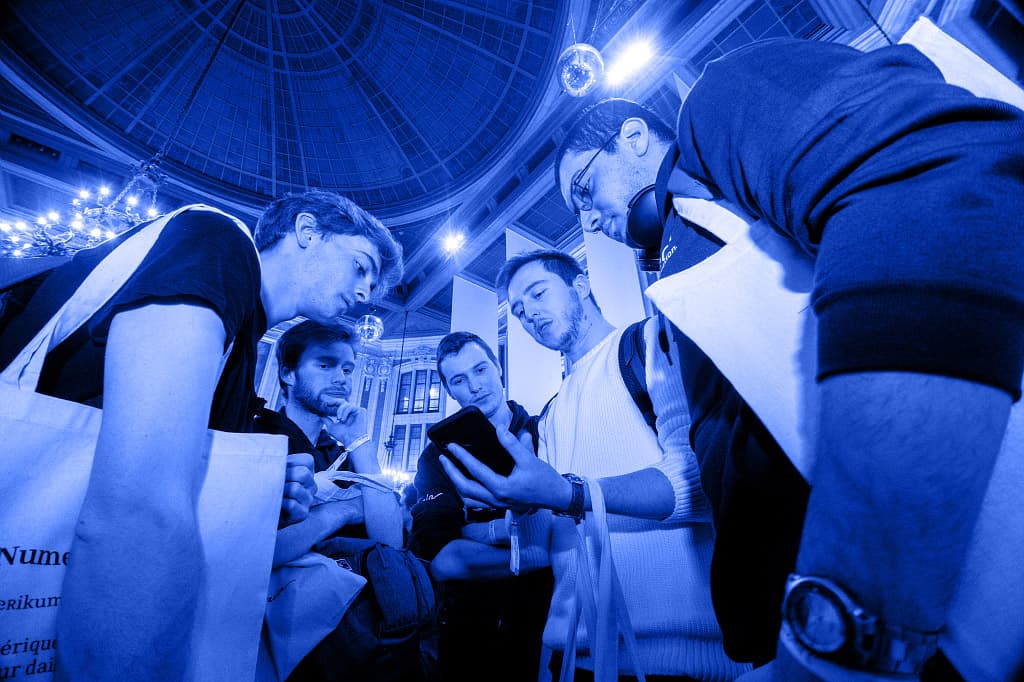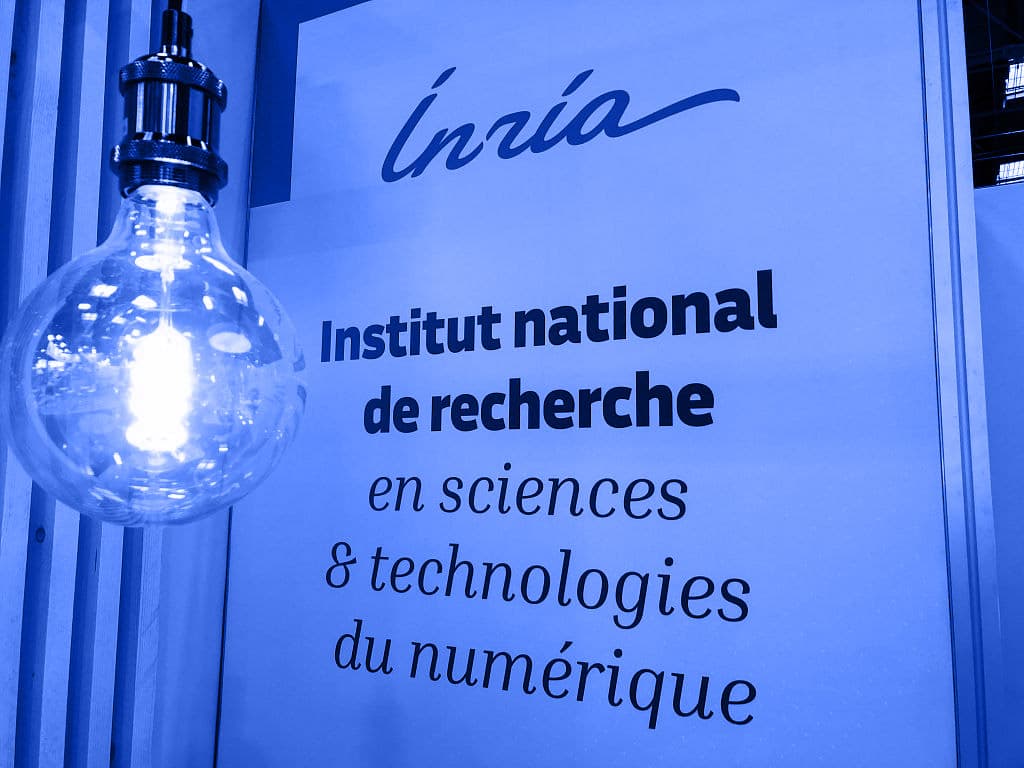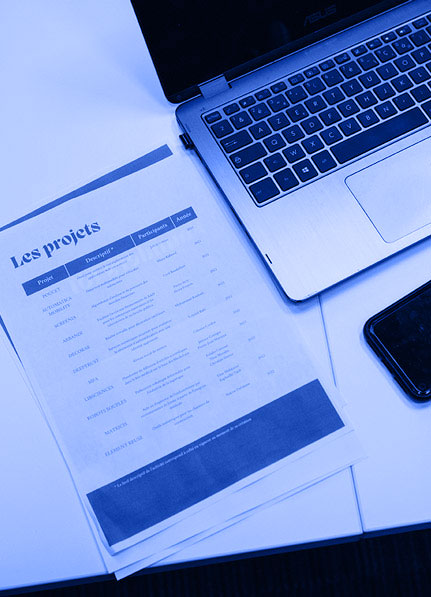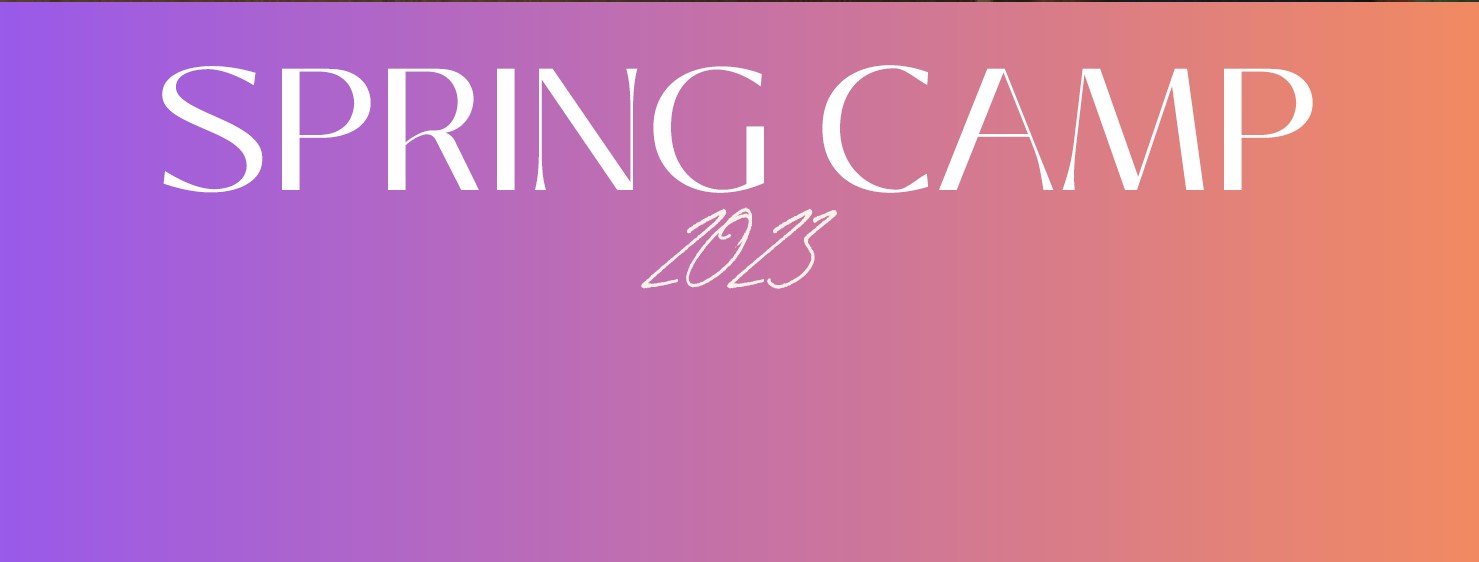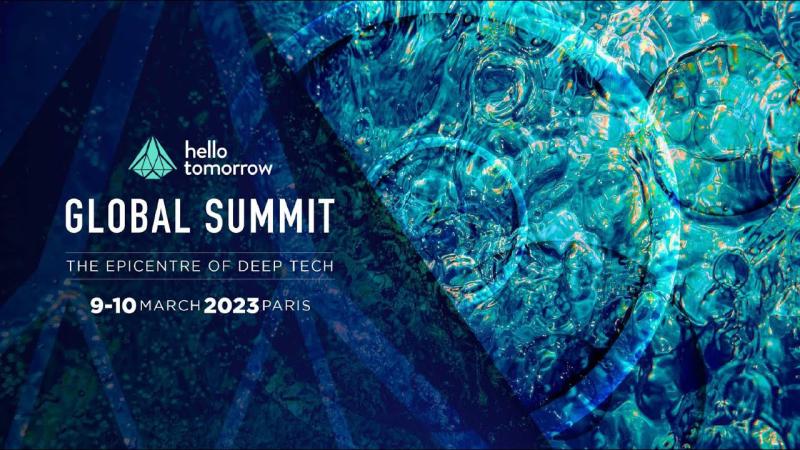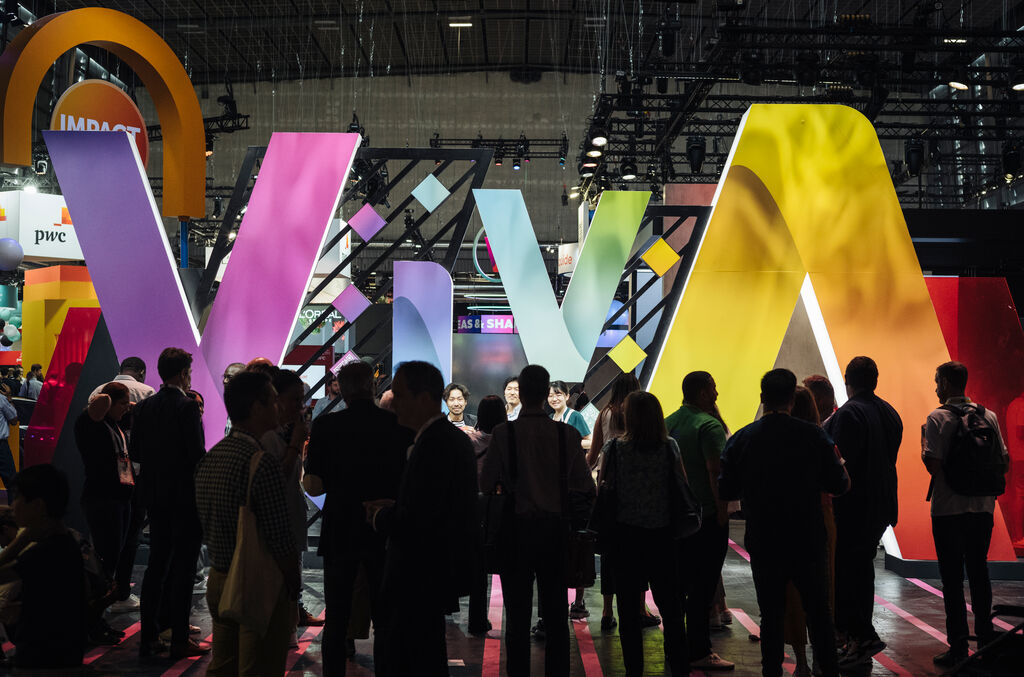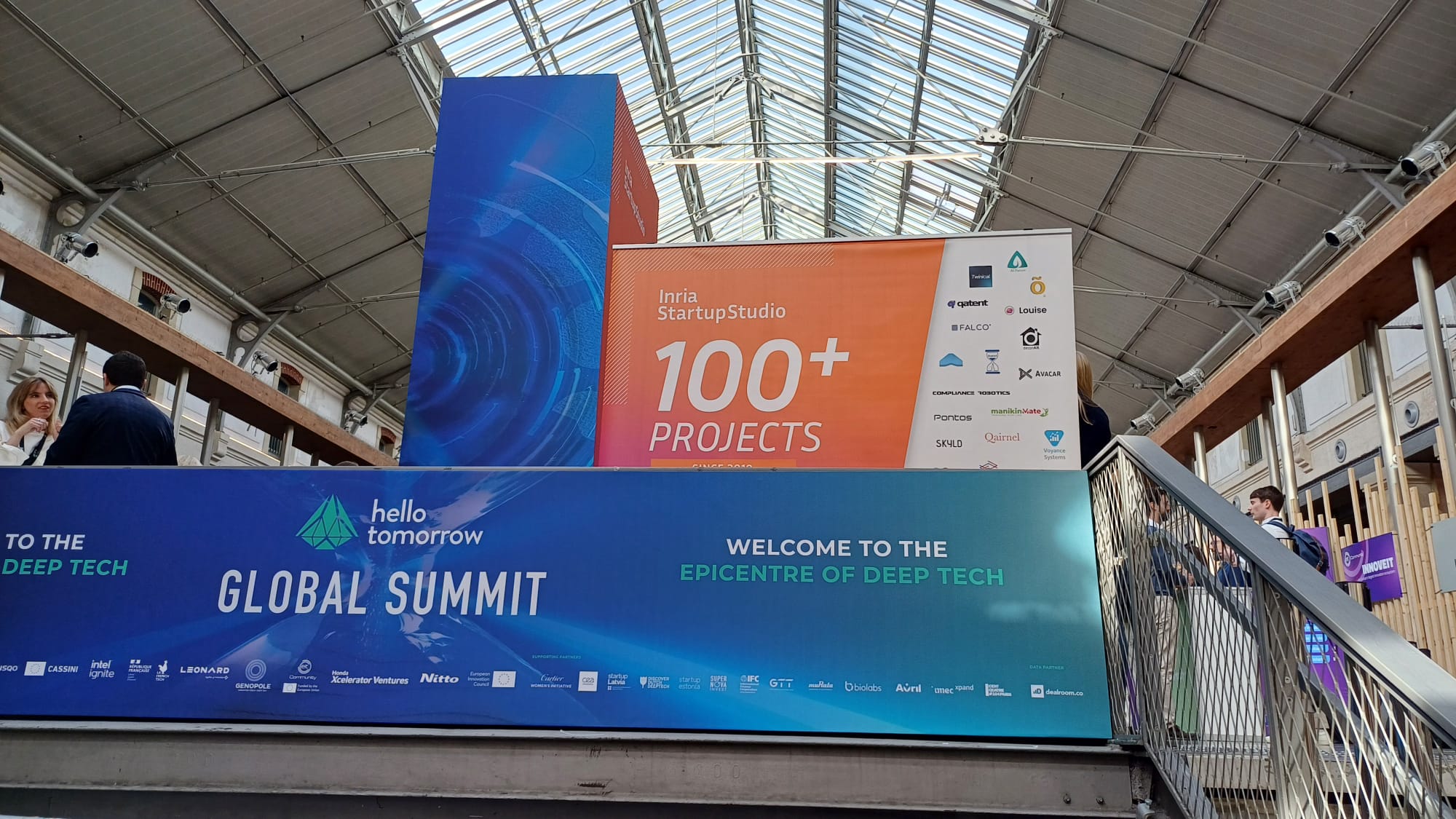
Chronicle of a doctoral student at Global Summit
On March 21 and 22, Inria Startup Studio attended the Global Submit exhibition organized by Hello Tomorrow at Cent Quatre in Paris. On the occasion, the team invited 25 Inria doctoral students and engineers to participate in a learning expedition. We interviewed Jakob Maier, doctoral student at the Inria center in Paris, who tells us his story and his experience.
Who are you ?
To begin, can you tell us a little more about yourself, your research specialty and what pushed you to complete this doctorate?
Of course ! I am Jakob Maier, originally from Austria and in love with France. Arrived here for my master’s degree in 2020 – what bad timing – I am continuing my studies by doing a thesis at Inria from 2022. The subject talks about graphs or “networks” on which I carry out statistics and machine learning. A typical question is:
“How do we quantify whether two networks are similar (or not)?”
I love abstract problems, digging, searching, but my biggest motivation for my thesis is that it teaches me skills for life:
- endurance;
- deal with frustration;
- motivation;
- build something from nothing;
- communicate about science.
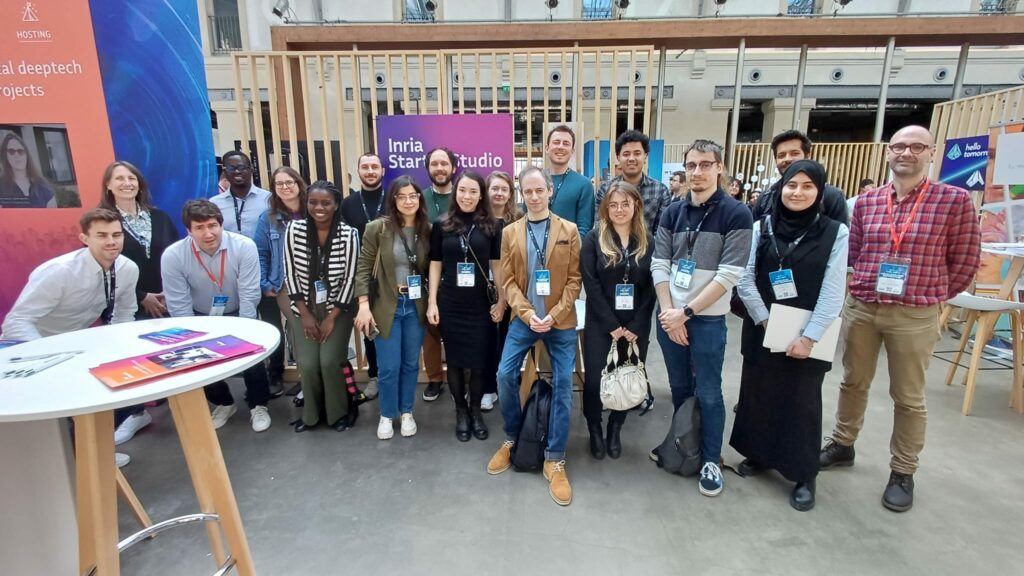
How to get to Global Summit?
How did you come to the Global Summit show organized by Hello tomorrow? Is everything taken care of?
I’m Parisian so I’m lucky to live 10 minutes away by bike. But others from further afield, such as Sophia-Antipolis or Lyon, often arrived the day before by train. Everything is taken care of by the Startup Studio, whether overnight stays, transport or meals. And it pleases not only the people of Nice, but also me because I can meet people from all over France!
What did you do during the learning expedition?
What activities are planned as a doctoral student during the learning expedition? Can you tell us about the planned visits, meetings or presentations?
On this expedition at Global Summit, we were the captains in the sense that we could enjoy Hello Tomorrow at our leisure. There are startups all around and we can:
- attend continuous pitches
- attend round tables on the challenges of our era
- learn more about deeptech
- wander between the stands to talk to entrepreneurs.
The Startup Studio prepared a schedule for us with the most relevant events for us and they organized personal meetings with some exceptional founders.
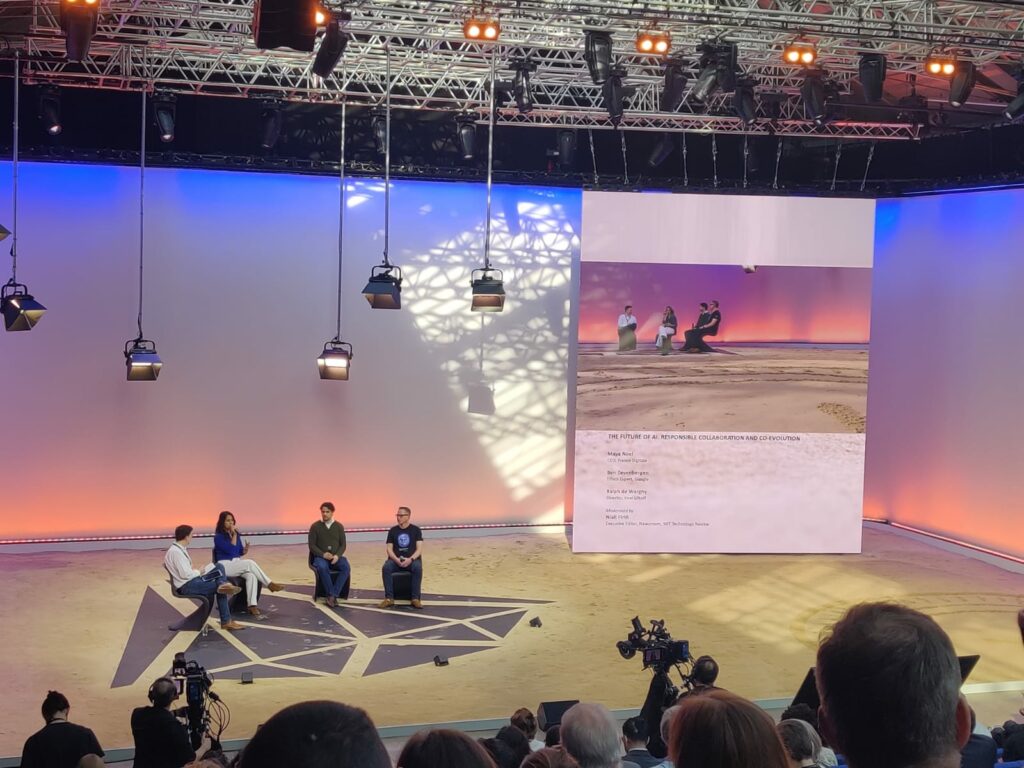
And outside of Global Summit ?
How does the transition between different activities work? Are there breaks or moments dedicated to informal exchanges with other participants or experts?
Between a few pitches on climate tech and a speech on intellectual property, we can:
- wander around the premises;
- talking to all these nice people (very open and accessible);
- find other Inria doctoral students and engineers.
Inria Startup Studio also invited us to lunch in a pretty bistro on the banks of the Canal d’Ourcq. It was a friendly moment allowing me to get to know the other Inria doctoral students better and to laugh with them while eating my vegetarian burger. On the second day, startup founders came to eat with us to discuss their projects and visions. As always in France, the meal is the most important moment of connection.
These informal times are important not only to rest our heads full of ideas, but also to ask questions that intrigue us or discuss our experiences.
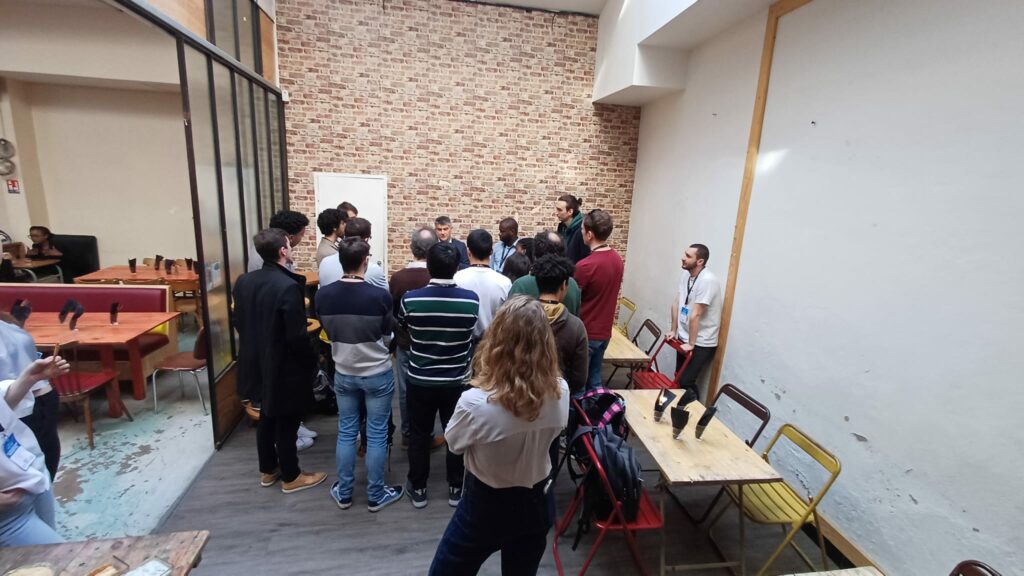
Have you met any interesting people at Global Summit ?
What are the main impressions or discoveries of your day? Any innovations or technologies that particularly surprise or fascinate you?
One person and one technology:
- Irina Babina, CEO of Concr, an extremely ambitious and confident young woman, a real power woman who will permanently transform the choice of drugs for cancer by predicting the response of patients to prescribed treatments.
- A small nanorobot that wanders around our brains to repair neurological damage. It’s a French startup, Robeauté, that wants to revolutionize how we access our brain, and it works!
Stimulating experiences?
What aspects of this experience are particularly enriching and stimulating for you?
Seeing the founders talk about their projects inspired me the most. Whether in pitch or in person: these people live for their project and they believe in it wholeheartedly despite the uncertainty of such an adventure. In addition, their ideas trigger a process of reflection on what I want to base, for example what issues to tackle or what type of person to work with.
What exchanges with other doctoral students?
Can you describe to us how your day ends at the learning expedition? Do you meet up with other doctoral students to chat?
Honestly, the first day I was just tired, I took a nap and a little exercise while mentally sorting out the information acquired during the expedition.
On the second day, I fortunately took the time to chat with the other doctoral students to take a step back and learn more about their entrepreneurial desires. Even if sometimes I thought I was the only one lost during the expedition, these conversations showed me that the others also saw and learned a lot to the point of their heads exploding.
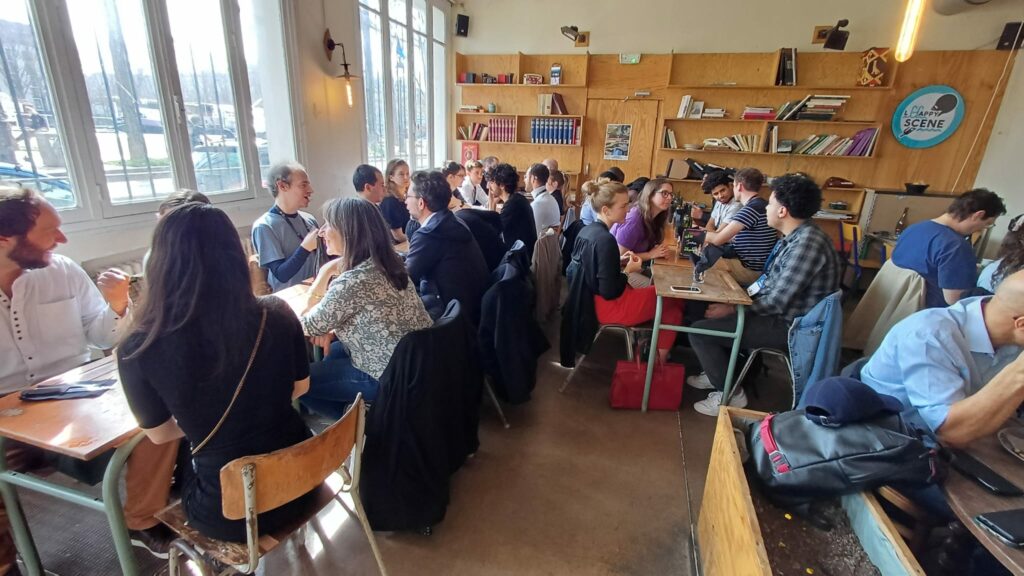
A future in entrepreneurship?
Finally, how did this learning expedition contribute to your professional and personal growth as a doctoral student? What lessons or perspectives do you gain from this?
Above all, this experience made me want to found my own company after my doctorate. The implications for my thesis are significant:
- more applied projects;
- a gap year to do an internship in a startup;
- small exploratory projects on the side.
I want to be part of this magical world that we were able to explore thanks to Hello Tomorrow and it seems closer and more feasible now.
Publication date: 05/04/2024
Want to get started ?
